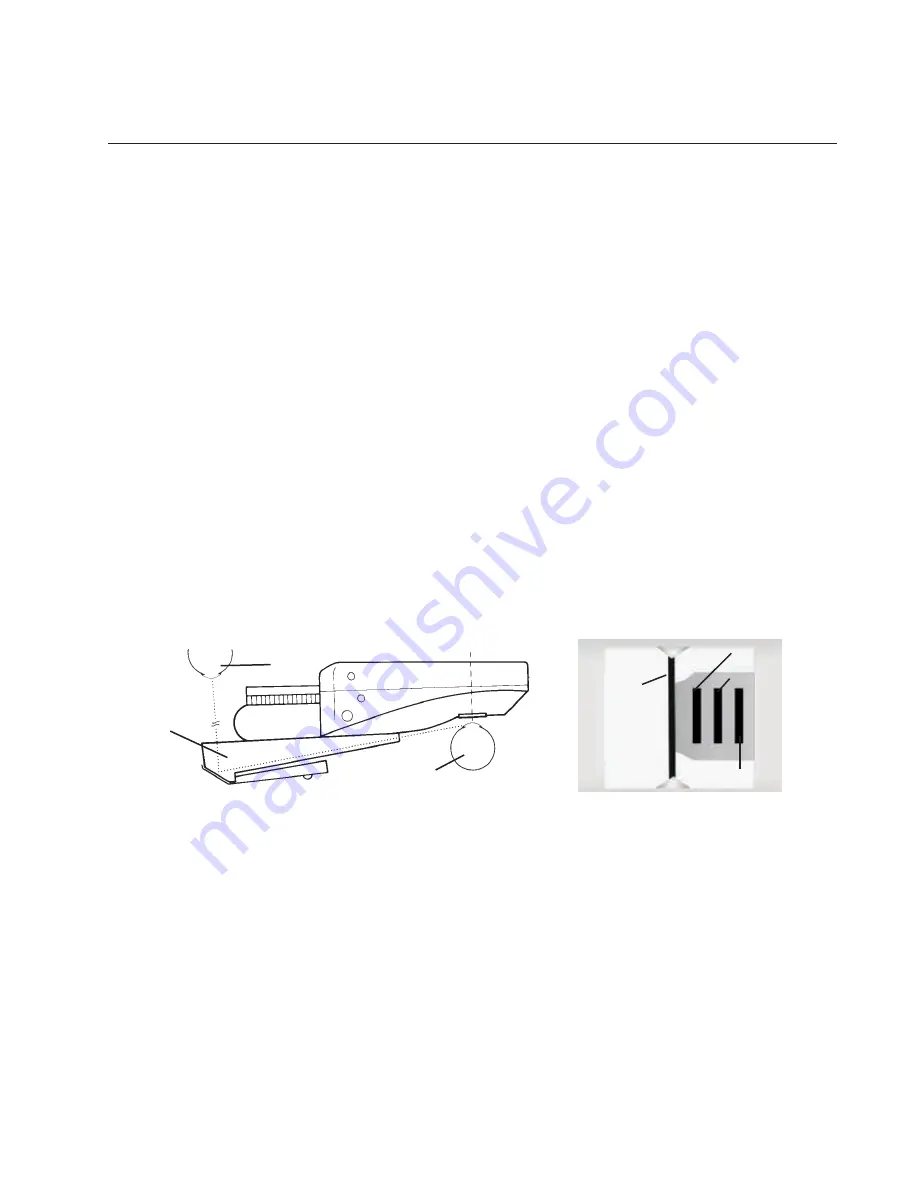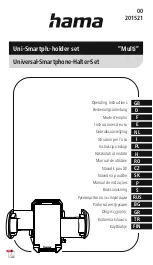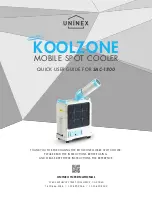
17
11625-101-Rev. L
Optical Corneal Aligning Device
The Phoroptor provides an optically additive lens system and an optical Corneal Aligning Device, both
essential for a true additive effective power determination.
1. The additive lens system refers to the addition of lens powers within the Phoroptor.
2. The effective power combination of two or more lenses cannot be obtained accurately by simple ad-
dition of their individual powers.
3. Allowances must be made which depend in an intricate way on the powers, the curves, the thick-
nesses, the index of glass, and the air space separating the lenses.
4. Accordingly, in the Phoroptor, two essential features have been incorporated to ensure the accuracy
of the lens prescription.
• Specially computed lenses and lens separations such that their designated powers can simply
be added together to give the effective power of any possible combination.
•
A means for placing this additive lens power system at a specified distance from the eye.
5. When either of these elements is neglected, the corrective accuracy of the lens system is impaired,
particularly with regard to combinations of high power lenses.
6. The distance at which the spectacle lens is generally worn is considered to be 13.75 mm from the
apex of the cornea to the ocular surface of the lens.
7. With this as the standard, the posterior lens surface of the Phoroptor must be placed at a distance of
13.75 mm if the Phoroptor reading is to be directly applied to spectacle lens power.
8. In the Phoroptor, this condition is obtained when the zero setting of the sight in the Corneal Aligning
Device is lined up with the apex of the cornea. Refer to Figure OC-1.
9. To establish proper distance between the patient’s eyes and the instrument, adjust the position of the
Forehead Rest using the knurled Forehead Rest Knob.
Note:
Make certain that the patient’s forehead is resting firmly against the headrest.
10. This adjustment will move the patient’s eyes nearer to or farther from the instrument.
11. From the front of the instrument, look into the Corneal Aligning Device. The upper and lower pointers
should be in exact alignment with the solid black line visible on the mirror. This is the zero point indi-
cating a 13.75 mm distance from the apex of the patient’s cornea. Also visible are three hash marks,
each representing 2 mm additive distance. Refer to Figure OC-2.
12. With the patient’s forehead positioned against the headrest, adjust the headrest to position the apex
of the cornea at the zero line (13.75 mm from the lenses).
13. If, with the headrest retracted, the apex of the cornea appears nasally from the zero line, simply add
the distance to 13.75 mm. (This figure is the total distance from the cornea to the strong sphere, or
the vertex distance.)
Instructions for Use
(continued)
Figure OC-2 Corneal Alignment
Device Close Up
Zero
Point
2mm
4mm
6mm
Figure OC-1 Corneal Alignment Device
Refractionist’s
Eye
Patient’s
Eye
Corneal
Alignment
Device
















































